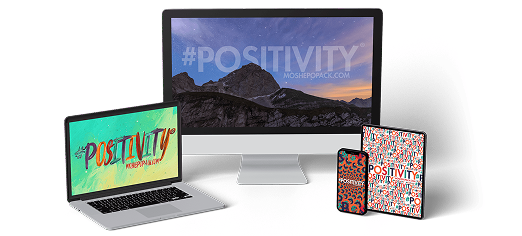Entrepreneurship isn’t all cutthroat deals and 20-hour workdays. It’s also a lot of fun … or at least it should be. Business Coach GiGi Diaz, the founder of “Seizing Happy,” tells us why playfulness is the number one key to building a business, and why sometimes you need a “friend detox” if your friends aren’t supporting you on your journey.
Why “seizing happiness” is essential to entrepreneurship:
“I think that, when it comes to our happiness, we are told all the time that you need to be happy ongoingly. And I don’t believe that. I do believe, however, that we need to be in a state of seizing our happiness and what that means is, in the times when life gets difficult and there are obstacles and you’re not sure which way to go … we should sit in those and feel through it, but we owe it to ourselves to go back to seizing happy. Keep trying to grab it, wherever it is, even if it feels like it’s far away, just keep trying to find it and keep trying to give it to you. And so, that’s the goal of the company.”
Why you need to build your business incrementally:
“Oftentimes we get into entrepreneurship, and we tend to see the big picture. (Like) ‘I know I want to have a multimillion-dollar company that teaches in all these different spaces and helps all of these different people do all of these different things.’ And so, when you have that really big picture it can become challenging to find the small tasks and small steps that are going to get you there. And so, we end up getting distracted by the shiny objects. We end up getting distracted by, ‘Let’s launch this program now, let’s do this other sale, let’s do this other thing,’ and then you end up spreading yourself so thin, especially as a new entrepreneur.”
Why mental health is critical to building your business:
“Mental health is so important because entrepreneurship is hard. The reason why it is especially hard to be an entrepreneur is because you are responsible for the idea, and the execution, and the results, and the client, and the product. That’s a big weight to carry. So, if you’re not mentally clear … it’s very easy for those downward spirals of entrepreneurship to take a toll on you.”
Is everybody wired to be an entrepreneur:
“I go back and forth on that answer. There are times when I talk to a lot of people and I say, ‘All of you have these great ideas.’ So, that part of me thinks that everyone can be an entrepreneur. But, when I think about the definition of entrepreneurship – in action – what it takes to be an entrepreneur, I don’t think that everyone can, or wants to, or should be an entrepreneur. I think that there are people who excel and thrive in corporate and that’s where they belong. And it makes them happy as hell to be in corporate, and that’s okay. I think that most people who are miserable in corporate are the people who should be entrepreneurs and they just don’t know it yet.”
Discipline is the true measuring stick:
“When you get into entrepreneurship, in those beginning (years) you’re responsible for doing everything yourself. And if you don’t have the discipline to be up at a certain time and designate what you’re going to work on, what is and isn’t important, how long you’re going to stick to an idea before you’ve decided that it has failed, etc. … if you don’t have that kind of discipline as that first measuring stick, entrepreneurship isn’t for you.”

